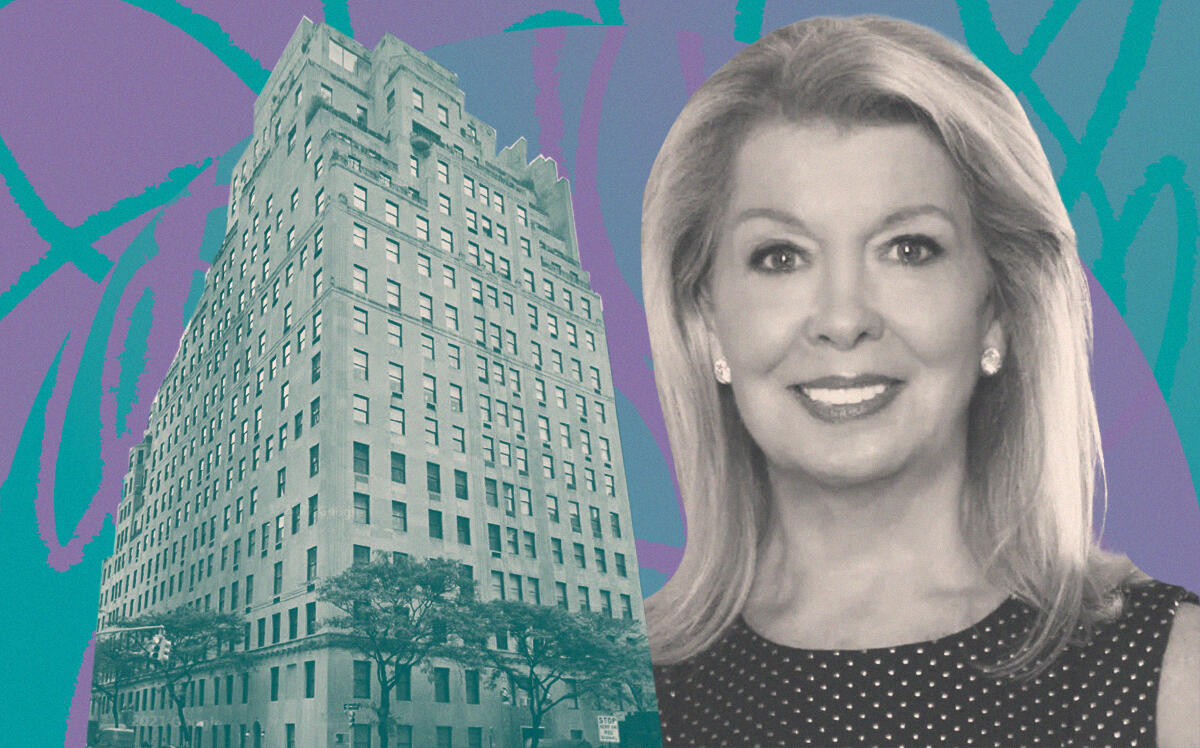 David Koch’s widow looks to sell 740 Park Ave. duplex
David Koch’s widow looks to sell 740 Park Ave. duplex
Trending
Buyers spurn NYC’s storied co-ops
“No one needs 740 anymore”

Once harboring a near-mythic status in New York City, storied co-ops are being spurned by luxury buyers.
Trophy co-ops are languishing on the market and selling for deep discounts, Curbed reported. Wealthy buyers are turning to condominiums instead, which feature fresher amenities and less archaic barriers to entry.
Sales at 740 Park Avenue exemplify the trend. Julia Koch has been trying in vain to sell her apartment for $60 million. Steve Mnuchin, the former treasury secretary, sold his place for $22.5 million after 12 years of shopping it and a $15 million discount from its original listing.
Former Merill Lynch executive John Thain has spent four years trying to sell his duplex and now has it listed at the same price he bought it for 16 years ago.
The building is not alone in its struggles, though. Other co-ops on Park, Fifth, Sutton and Beekman Places are seeing similar trends working against them.
“In the past, big money needed co-ops to be accepted and established,” Sotheby’s International Realty broker Nikki Field told the publication. “But no one needs 740 anymore.”
There are multiple factors holding co-ops back. Many don’t allow or cap financing, making it harder for people to buy. Condo buyers can also shield their identities — and many do, using LLCs to mask their purchases — while co-ops require various financial disclosures and can reject applicants without giving a reason.
The ability of co-op boards to refuse applicants has drawn accusations of discrimination. Qualified buyers can be rejected for any reason or no reason at all, creating an exclusivity factor that once worked in their favor, but now sparks backlash.
Co-ops also tend to restrict the way apartments are utilized. Renovations are more difficult to conduct at co-ops, which can veto even the simplest of changes to an apartment.
Since the financial crash of 2008, condos have replaced co-ops as the go-to for the city’s wealthy. Buildings such as 220 Central Park South, One57 and 15 Central Park West boast similar features to co-ops of yore, but without the hoops buyers need to jump through.
All that said, co-ops can still sell for big money and condos can still face problems of their own, such as the structural nightmares allegedly racking 432 Park Avenue. But as co-ops and their boards continue to resist widespread change, their status as some of the most storied properties in the city will continue to diminish.
Read more
 David Koch’s widow looks to sell 740 Park Ave. duplex
David Koch’s widow looks to sell 740 Park Ave. duplex
 Luxury lost: defect complaints rise in new residences
Luxury lost: defect complaints rise in new residences
— Holden Walter-Warner




